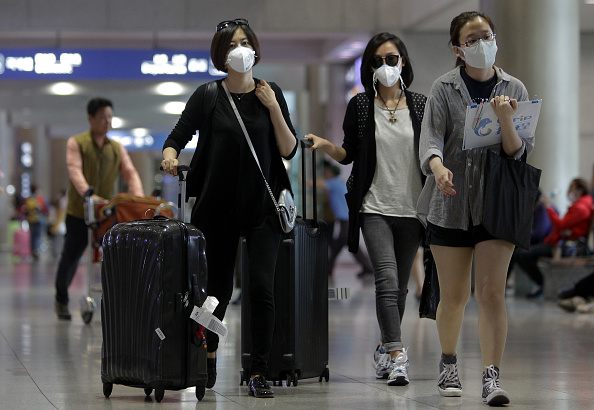
South Korea is still coping with its outbreak of Middle East respiratory syndrome (MERS) as the number of people infected rose by 14 to a total of 64. Five people have died from the infection so far.
Authorities in South Korea are tracking cell phones of hundreds of people who have been exposed to the virus and who are under quarantine. This is to ensure that they are staying at home as they have been ordered to do. Authorities are attempting to avoid a repeat of the man who was ordered quarantined to his home, but who left and flew to Hong Kong in late May, where he then tested positive for the virus.
More than 2,300 are under quarantine. Most are quarantined to their homes but some are staying in health care facilities. There is one entire village that is under quarantine.
The government has released the names of 24 health facilities where people have become infected with MERS. There had been heavy criticism of the government over an earlier decision not to release the names of these facilities. New cases have occurred only at six of the 24 facilities
Health authorities do not expect the virus to spread through the community. As yet, all of the cases of MERS have occurred in people who caught the infection while they were at a health facility either as a patient or as a visitor. The index case, the man who brought MERS from the Middle East to South Korea, visited four health facilities before he was correctly diagnosed as having MERS.
More than 1,000 schools in South Korea have closed due to the MERS outbreak.
MERS is caused by a coronavirus. The virus is similar to the one that causes severe acute respiratory syndromes (SARS). SARS killed about 800 people around the world in 2002 and 2003. However, MERS has a death rate of about 38%, which is higher than that for SARS. Both viruses are extremely contagious.
